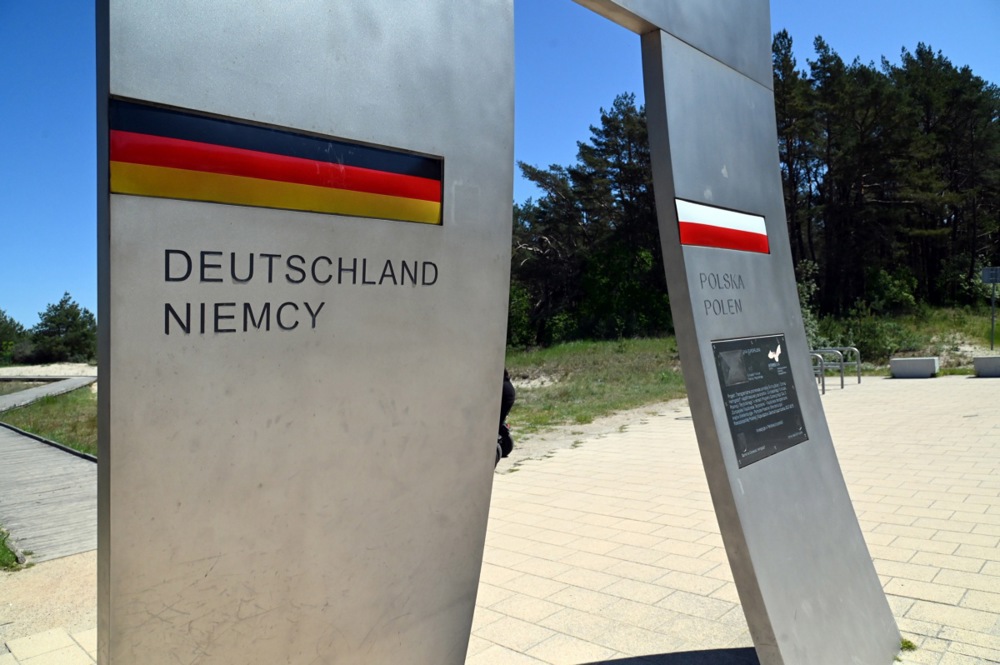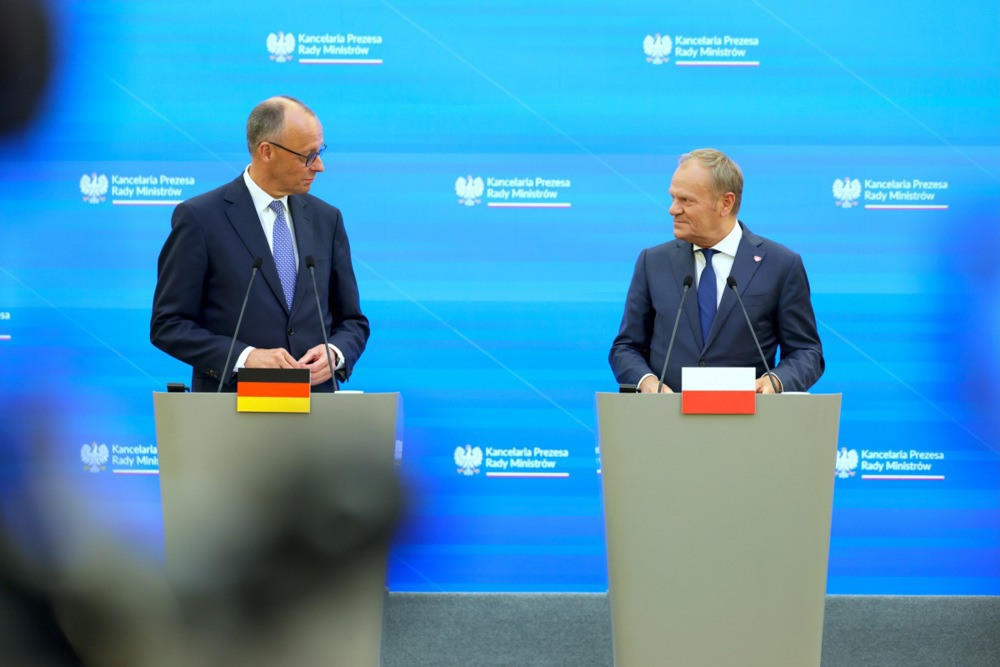A German councillor of Polish extraction, Dr Joanna Kiliszek, has been appointed as head of the Berlin Branch of Poland’s state-owned Pilecki Institute.
Dr. Kiliszek had run in the last local elections for a council seat in the German municipality of Schönwalde-Glien, becoming a councillor in this Berlin suburb as a candidate of the Alliance 90/The Greens party.
The Pilecki Institute of Solidarity and Valour was created in honour of Witold Pilecki, a heroic underground figure who fought the Germans, was a prisoner in Auschwitz and was later executed by the communists after the war.
The body was set up during the lifetime of the last Conservative (PiS) government in 2017 to promote individuals and experiences of Poles who had fought for freedom and democracy.
The Pilecki Institute announced on August 18 that Kiliszek, a cultural manager and academic, will head the Berlin branch of the institute, replacing Hanna Radziejowska, who was dismissed by the Institute’s director, Prof. Krzysztof Ruchniewicz.
On August 14 Radziejowska was fired by Ruchniewicz, for having criticized him and his plans for the institution.
In the weeks preceding her dismissal Radziejowska had alerted Poland’s Ministry of Culture about a seminar project concerning the restitution of cultural property to, among others, Germany, Ukraine, Belarus, and Lithuania.
In Radziejowska’s opinion, this was in conflict with the interests of Poland and the principle of protecting national heritage.
Her letter to Minister of Culture Marta Cieńkowska and the Polish Embassy in Berlin was leaked to the Polish media causing a public storm about the activities being planned by the Pilecki Institute.
Ruchniewicz, who last year replaced the previous head of the institute, Magdalena Gawin, is a strong advocate of Poland becoming closer to Germany and is a declared opponent of any attempts for his country to obtain Second World War reparations from the Germans.
The new head of the Berlin branch of the institute will be responsible for strengthening the institute’s research activities and for fostering Polish-German dialogue in the fields of history and heritage.
“Dr. Joanna Kiliszek has repeatedly demonstrated throughout her career that she is an effective manager, capable of building cooperation between cultural and academic institutions. I am convinced that her experience and vision will give the Berlin branch of the Pilecki Institute new momentum in research and public engagement,” wrote Ruchniewicz in a statement announcing her appointment.
Kliszek’s appointment was clammed by PiS MP Radosław Fogiel who took to platform X to protest.
“Excuse me? So, instead of someone who defended Polish interests, Hanna Radziejowska, we are getting Ruchniewicz 2.0? Was there really no one else but a politician from a German party? If Dr. Kiliszek became a councillor in Germany, it means that her life is there, and that is where she places her loyalties and priorities.”
PiS as a party has consistently accentuated a narrative of Poland having been a victim in the Second World War and that Germany has never fully acknowledged its guilt and financial responsibility for the damage done.
However, the current centre-left coalition government led by prime minister Donald Tusk has equally consistently argued that Germany is Poland’s trusted partner in the European Union and that past history is best approached by mutual dialogue rather than confrontation.
Tusk, whose grandfather was conscripted into the German army during the Second World War, has been criticised by PiS for being too willing to accommodate German interests and views within the EU.





